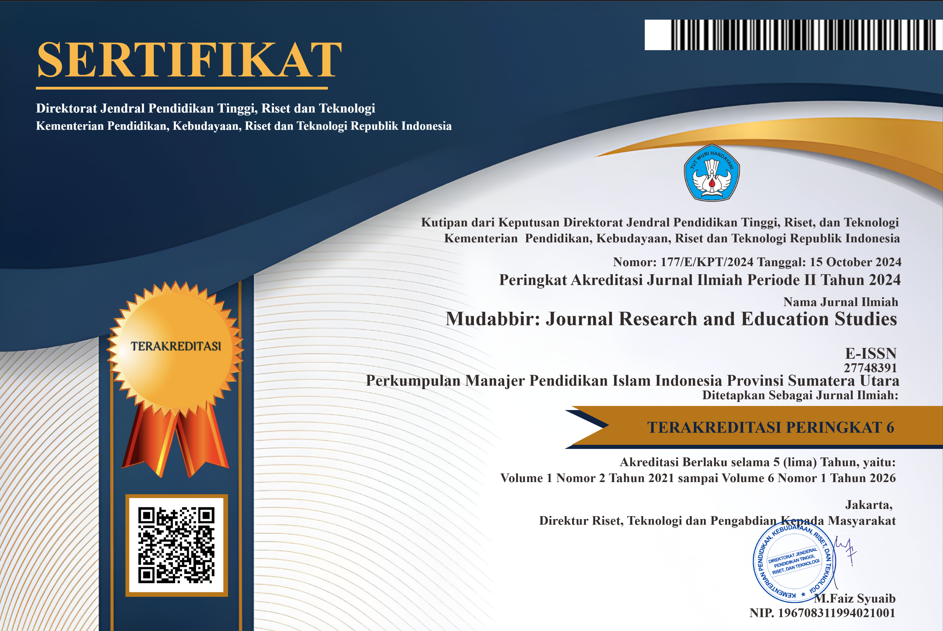The Influence of Regional Dialects on The English Pronunciation of EFL Students in Indonesia
DOI:
https://doi.org/10.56832/mudabbir.v5i2.1196Keywords:
Pronunciation, Regional Dialects, EFL Students, L1 Interference, Phonology, Intelligibility, Language Identity, IndonesiaAbstract
This study investigates the impact of regional dialects on the English pronunciation of Indonesian EFL (English as a Foreign Language) students. With Indonesia’s rich linguistic diversity, local dialects often influence learners’ articulation of English sounds, particularly phonemes that are absent from their native languages, such as /?/, /ð/, and /v/. Using a qualitative descriptive method, data were collected through questionnaires distributed to students from various regions, including speakers of Bataknese, Sundanese, and Javanese. The findings indicate consistent patterns of L1 interference, with dialectal features shaping learners’ pronunciation and affecting their intelligibility. While some students develop metacognitive strategies to overcome pronunciation challenges, others experience anxiety or reduced confidence due to social stigma. The study highlights the need for pronunciation pedagogy that promotes intelligibility while respecting students’ cultural identity, calling for localized and inclusive instructional practices in multilingual EFL contexts.


















